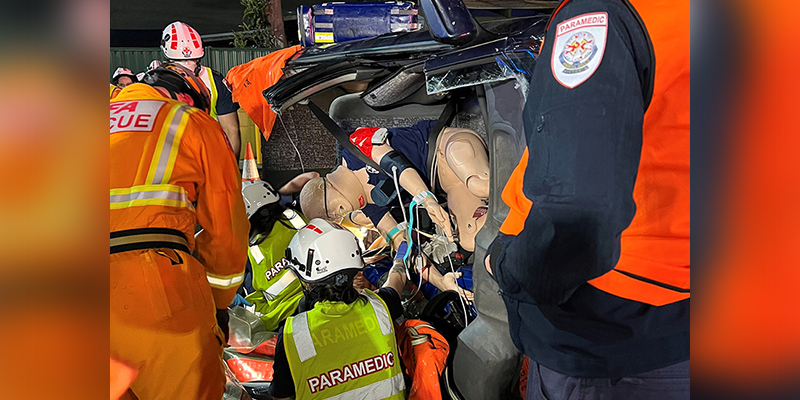Imminent changes to motor injury insurance premium rates will ensure all vehicles used for passenger transport services pay the same insurance premium rates.
Owners and drivers of metropolitan taxis, country taxis, hire vehicles, and vehicles used for Uber/Ola and equivalent services will now be charged the same premium rate for motor injury insurance.
The changes will create huge savings for the taxi industry, which will pay around $1,000 less per metropolitan taxi every year.
The savings are on top of those created through On-Demand Transport reforms, which have removed costs from the taxi industry through removal of plate costs and lower annual fees.
The cost of motor injury insurance for these on-demand vehicles from July 1, 2019 will be $604 inclusive of GST and insurance duty.
Prior to the reform, there was a significant disparity in premium rates charged for taxis and other on-demand passenger transport vehicles. From July 1, 2019, the premium rate for almost 2,000 metropolitan taxis will reduce from $1,603 to $604.
A large reduction in the premium rate for country buses from $774 to $358 will also occur, so that country bus premiums match premium rates for school buses.
Small increases in the premium rates of other on-demand vehicles will occur to ensure all vehicles providing these services pay the same rate.
Western Australia retains and improves its position as one of the most affordable States or Territories to buy motor injury insurance.
As stated by Finance Minister Ben Wyatt:
“These changes deliver a lower cost-base for metro taxis, implements the same premium rate for vehicles used for similar purposes and will collect the total annual premium revenue as set out in the 2019-20 Budget.
“The changes combine small passenger vehicles into a larger insurance pool used by the Insurance Commission to reduce the volatility experienced when setting pricing for small insurance pools.
“Owners and drivers of on-demand vehicles in WA will pay less for motor injury insurance than most other States and Territories.”
As stated by Transport Minister Rita Saffioti:
“Our On-Demand Transport reforms were all about creating a level playing field for the whole industry, and ensuring the same safety standards were introduced across the board.
“The changes to insurance reflect the new system and reduces the financial barriers to market entry that existed under the old legislation.
“Ultimately, the reforms will result in stronger safety standards, improved services and greater competition, meaning consumers will be better off.”








